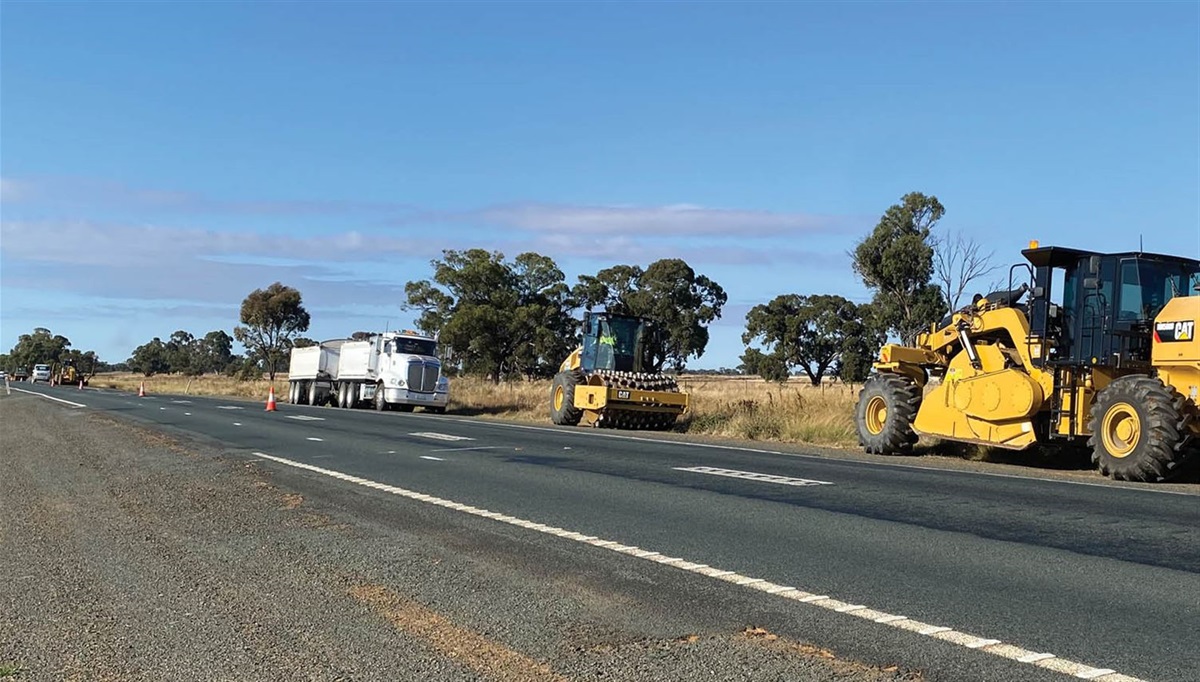The establishment by the Australian Government of ten new ‘Jobs And Skills Councils’ that will guide the development of skills training qualifications has been welcomed by the Independent Tertiary Education Council Australia (ITECA). ITECA represents independent skills training, higher education and international education providers.
According to the Australian Government, the Jobs and Skills Councils will bring employers, unions and governments together to find solutions to skills and workforce challenges. The Jobs And Skills Councils will be tasked with strengthening the role of industry and empowering them to drive reforms to Australia’s vocational skills training sector. They will also have responsibility for qualifications development.
“From the automotive, construction, retail, aviation, finance through to mining, transport, healthcare, and aged care sectors, these new Jobs And Skills Councils will develop the qualifications needed to skill, upskill and reskill the workforce,” said Troy Williams, ITECA Chief Executive.
As the new Jobs And Skills Councils set about their work, ITECA’s focus will be on ensuring that independent Registered Training Organisations (RTOs) are heavily invested in the process of qualifications development.
“Government data shows that independent RTOs lead on key measures of student and employer satisfaction. The shared experiences of ITECA members that have produced this outcome can be leveraged as new qualifications come online and existing qualifications are updated,” Mr Williams said.
Although ITECA is committed to working with the new Jobs and Skills Councils, concerns remain about the governance arrangements and the engagement with the skills training sector.
“The Jobs and Skills Councils structure exclude RTOs from the governance arrangements. Past experience suggests there is a real possibility that skills training qualifications will be developed that can’t in practice be delivered by RTOs. Too often, this is the case in the past which lets down students and employers,” Mr Williams said.
ITECA acknowledges that the Australian Government inherited from its predecessors a construct for the Jobs And Skills Councils that was neither fully formed nor necessarily positioned to address the current challenges in the skills training sector.
“There is little guidance on how this new system for delivering qualifications is better than the one it replaces – different sure – but not necessarily better. In this context, ITECA is committed to working with the Australian Government to ensure that the past problems of the qualifications development process are not perpetuated under the new arrangements,” Mr Williams said.
The new Jobs And Skills Councils’ role in developing qualifications is critically important to the work of around 3,750 independent skills training providers.
“Independent RTOs do the heavy lifting in the skills training qualifications. They are responsible for 70.9% of Diploma and higher skill qualification enrolments, 69.3% of Certificate IV enrolments and these RTOs support more than half of all apprentices and trainees.” Mr Williams said.
A statistical overview of Australia’s skills training sector is available in the 2022 ITECA State Of The Sector Report which can be






